Happy leap day! A leap day feels to me a bit like a magnified version of when the clocks go back and we get the sense we’ve gained an hour. Although I suppose if you’re a salary paid worker, this is one of those years where you could argue you have to work an extra day for the same money! Seeing as we are leaping through time today though, it seemed like a good time to talk about the subject. We all live by it and (try to) stick to it. It helps us make sense of the world and we have probably been measuring it in some way since we became conscious beings.
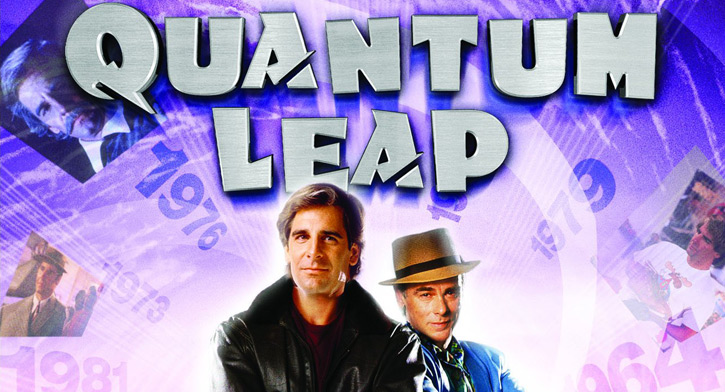
Most of us take it all for granted but we know our watches and clocks use seconds, minutes and hours as convenient means of dividing up the time it takes for our beautiful planet to spin round once and our calendar is just a convenient way to divide up the time it takes for us to spin round our sun. For those that didn’t catch it in school, a leap year happens because it actually only takes us 364.24 days to orbit the sun and so clearly if we just carried on regardless without this extra day every 4 years (like we used to until a couple of thousand years ago), then after a hundred years we would be 24 days out and it would totally mess with our seasons. What they didn’t explain in school though, is that adding a day every 4 years is around 0.01 days too much, so again, if we carried on regardless in 128 years we would be almost a day out again! So on every 100th year we skip the leap day in Feb. Sorted? Nope, skipping this leap day every 100 years is again, not quite precise so then every 400 years we still have that usually skipped leap year to correct our overcompensation and have the leap year as normal. Get it? No, me neither but it puts into perspective that our seemingly well organised measurements of time are actually subject to the much less organised movement of the earth.
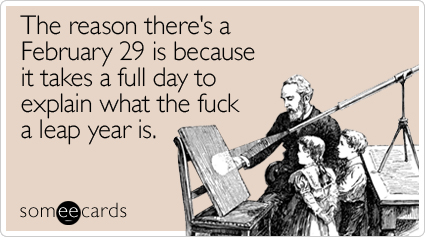
We have leap seconds too! The earth’s spin is gradually slowing down so a day was only 23 hours back in dinosaur times. It only actually lasted an exact 24 hours in 1820. Since then a day’s length has increased by about 2.5 milliseconds. That may not sound like much but it was enough for scientists to change the definition of a second in 1967. It went from being determined by a division of the length of a day to actually being based on the measurements of transitions in atoms of caesium. Such atomic clocks are so much more accurate that we have to have leap seconds added every now and again in order to keep all our super accurate technology in line with the ‘less accurate’ earth!
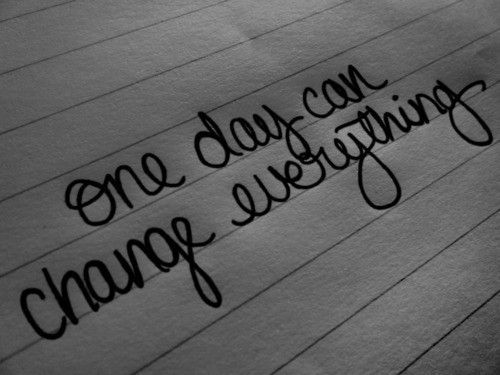
This all goes to show how we make the rules for our measurements of time, which is why I find leap years and seconds a nice reminder that we aren’t slaves to our time pieces, even if we might feel it sometimes. They work for us, they help us understand and organise our lives around the hours of sun and the seasons we will experience, our journey through the solar system, they are the denominations of currency we use whilst deciding how to spend our time. But seeing as our calendar only goes back 2016 years, when are we really? When did we start to measure and what has measuring in such a way done to us? Do we really know the time?
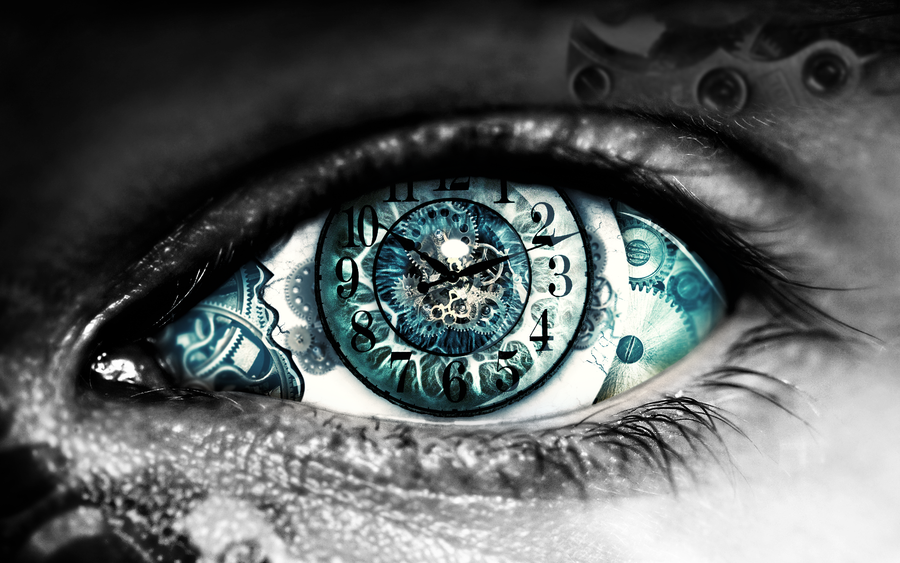
Some forms of calendars can be traced back to Mesolithic times, and it’s probably no coincidence that this was at the same time we started getting good at farming which of course requires a good handle on seasonal changes. Some of these calendars used large structures such as this one in Scotland dating back 10,000 years. Often sightings of the new moon were used to determine the start of a monthly period.
It was the Ancient Egyptians who first appear to have divided the day into 2 equal 12 hour parts, thus forming the beginnings of the system we use today. They used the sun to track this and measure it. Just as sun dials were used to help tell the time of day. Even though sundials and other such time pieces are among the oldest human inventions, it only goes back to around 1300 where we actually had accurate engineering to properly measure time in smaller denominations and start to truly organise our timelines.
Fast forward less than 800 years and we are literally locked to them for convenience and organisation, but what about before all that? Civilisation as we know it has been around something like 6000 years and before that modern humans maybe 200,000 years plus. Early humans maybe more than 2 million years. Even our ancestors before that were experiencing time, they just weren’t able to measure it like us, but it will no doubt have had an effect on them.
Our sleep patterns might be somewhat affected by our alarm clocks or work patterns but the only clock which is truly in time with us, is our internal, circadian clock. Millions of years seeing the sun set and the lack of light triggering glands sending hormones to our brains, shutting things down and putting us into the next part of our daily cycle. Altering our inner rhythm to one which lets us drift off to sleep. Over all that time, it’s fair to say that passage of time from night to day has set our circadian clocks to a time perfect for our planet.
But what about other planets? Take Mercury for example, a year there lasts 88 earth days but their days last 176 of ours. So their day is twice as long as their year! Imagine what their calendars and watches would look like and how intelligent life there might have developed sleeping patterns and perceptions of time.
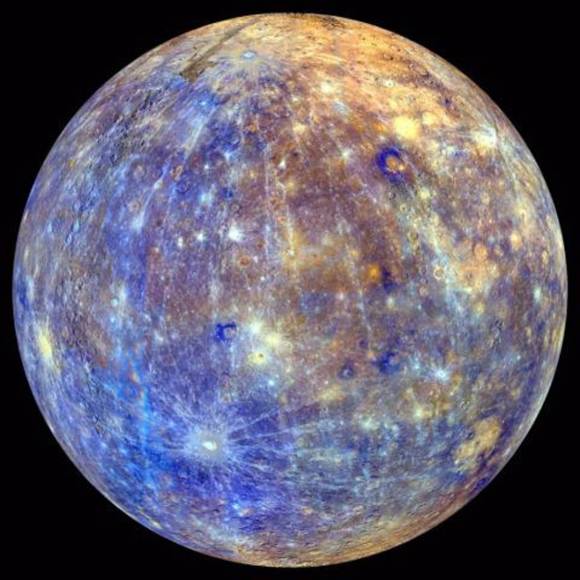
While on the subject of our perception of time, we have to consider time dilation. One of the coolest things in the universe! The fact that the speed in which time passes is different depending on where you are in the universe or how fast you are travelling. Not a trick of the mind or a malfunction of clocks at such speeds, just the way time really works. For so long we could only consider how time works here on earth and so had to assume that it just went along in it’s uniform linear fashion out into the universe, only when we went out there exploring did we realise time is inextricably linked to the universe and to the matter within it, it really is the fourth dimension! Everything with mass has a gravitational pull and bodies with huge mass (insert ‘your mum’ joke here) can have such a gravitational pull that it affects the spacetime around it. Take astronauts on the international space station for example, they are further away from the centre of earth and so are affected a tiny bit less by it’s gravitational pull than the rest of us and so time runs faster.
It also holds true though, that the higher the velocity you travel at, the slower time would be for you, if you were able to travel at 80 percent the speed of light then time would slow down to a third of what it is on earth. For our astronauts, because earth’s gravitational pull is so weak, an astronaut’s velocity ends up being the defining factor. 6 months on the ISS and astronauts actually age 0.007 seconds less than those on the ground. This type of phenomena is proven constantly by the fact gps satellites flying around our planet at 14000 km per second have to adjust their clocks by a few milliseconds a day in order to remain in time with our super accurate atomic clocks.
The time travel record holder is Russian Cosmonaut Sergei Krikalev who has spent so long in space that he has gained 0.02 seconds on the rest of the world. Ok, so not a great deal at the speeds and distances we can currently travel, but it has pretty amazing implications when we think what that could mean in the future when we can travel at higher velocities or get closer to black holes and their immense mass.
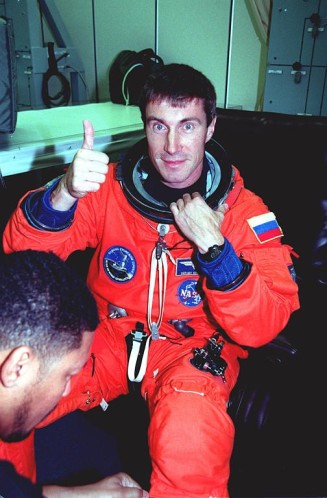
The insane gravity created by all the mass collapsed into a black hole prevents even light escaping it’s surface, so we can safely say that it should also bend spacetime to a point that time will slow down significantly for you the closer to it you get to it, we’ve all seen Interstellar right? It is theorised that somewhere within the black hole is a singularity where this bending of spacetime is infinite. It has to be said this is all when comparing time to an observer who is not with you near the black hole. For you, travelling towards a black hole, time would feel normal to you and your watch would still tick with the man made length of seconds it is programmed to, it’s just that a thousand years could have passed back on earth by the time it reaches tock.. No wonder black holes are among the most fascinating but mystifying things in our universe.
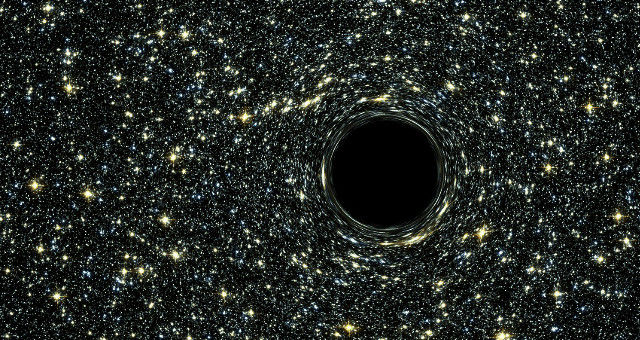
So it appears that time is almost completely subjective. As is how we perceive it. How often do you feel like the last year of your life has gone by so fast? If you think about it, when you are 2 years old, a year is half your entire experience of the universe. But at 50, one year will only feel like a 50th of your experience, so it stands to reason that our units of time are likely to feel like they are speeding by faster the more of them we live through.
If our sleep / wake cycle is something we have evolved to do at times that fit round our planets rotation and our measurements of time are just things we have chosen to help organise ourselves around our orbit, and that time goes by differently depending on where you are in the universe or how fast you’re travelling, then can we agree that the way we perceive and take time for granted here on earth is pretty arbitrary when considering what it actually is and how it affects the universe as a whole?
If we do agree on that, then might there be other things we misinterpret in our perceptions? What else does our limited consciousness take for granted? How about the flow of time? Are we sure that it is only forward, or is that perhaps all our minds can comprehend? Ok, so maybe it’s too much of a stretch to think we could physically go back and Einstein reckons we could never actually go forward, as the closer we get to the speed of light the more our mass would increase, so we could never reach a destination faster than it would take light to reach it. But like some of the things I mentioned in my first blog, some processes in our universe, like the apparent choices made by entangled particles upon being measured, don’t follow the rules we thought existed. We can already look back in time whenever we look through a telescope. Some of the light scientists have captured, originated shortly after the big bang way before the earth had even started forming. We know that, light travels at around 670,000,000 mph and is supposed to be an absolute maximum that anything can travel. But we also know that it travels at the same speed to all who observe it regardless of the speed they are travelling at. This means that if we were chasing after a beam of light at say 668 million mph, the light would still appear to be beaming away from us at the speed of light. Weird right? Prof Cox tries to explain something similar in the following video.
I will go into light a bit more in the future but I mention it now because it’s behaviour is sounding more and more like time when we look at it in this way. Something which we once believed to be a constant but we now see is very much subjective.
What if one day we could harness one of these strange phenomena like time dilation or the relative speed of light, and use it to view the past or perhaps echoes from the future. I’m not saying I believe that everything is predetermined or that there even is a future for us to view as complex individual human beings with conscious thought and free will, instead consider this more of a thought experiment. Does the very fact we have conscious thought and the ability to consider these things mean that we have developed brains which can only view the passage of the universe in this linear way. Time and space clearly don’t always follow the rules our brains take for granted. Perhaps there are even additional dimensions out there, some respected scientists including Neil DeGrasse Tyson and Brian Cox believe in a multiverse for example. Maybe if we were able to see additional dimensions or connect with such universes then maybe our trip through space and time would be a different one altogether. Maybe a bigger picture would be visible through different eyes. Maybe a different timeline would appear if we used a different calendar. Is that such a big leap?



